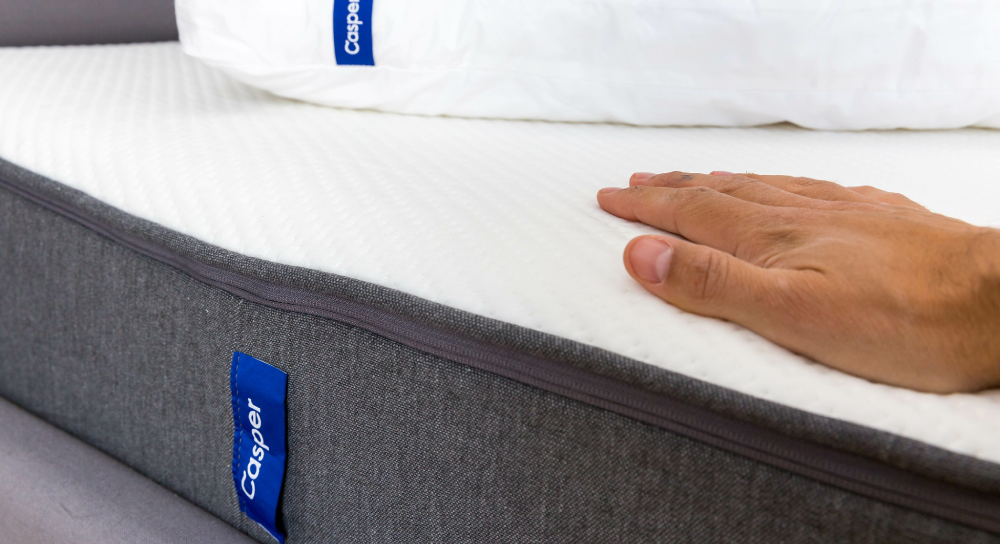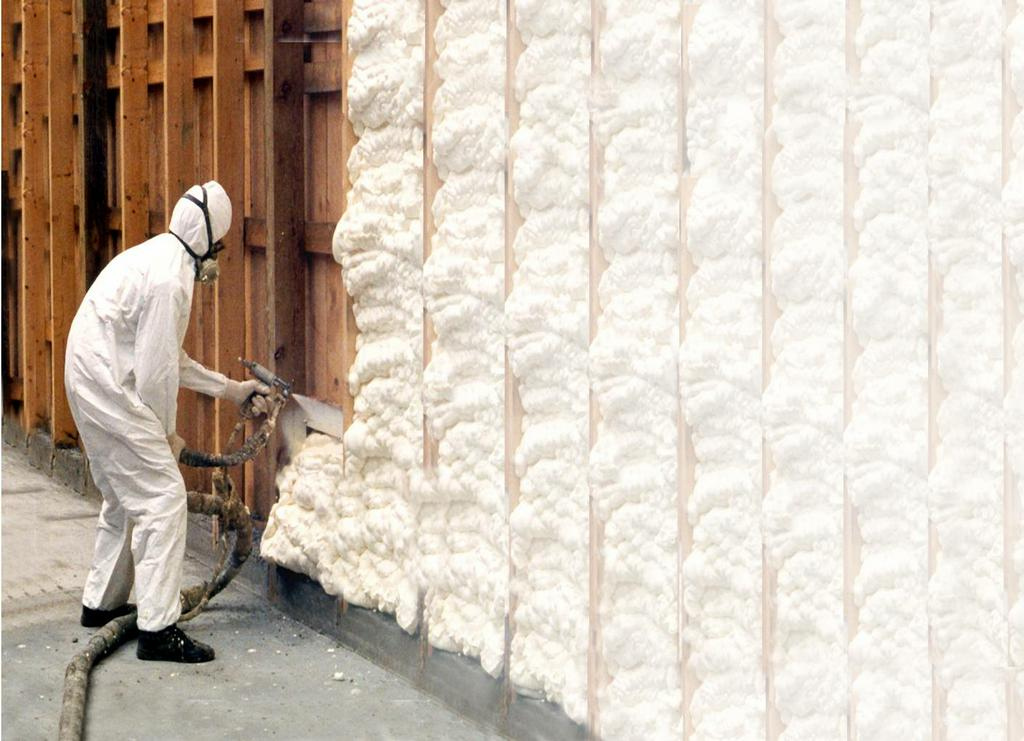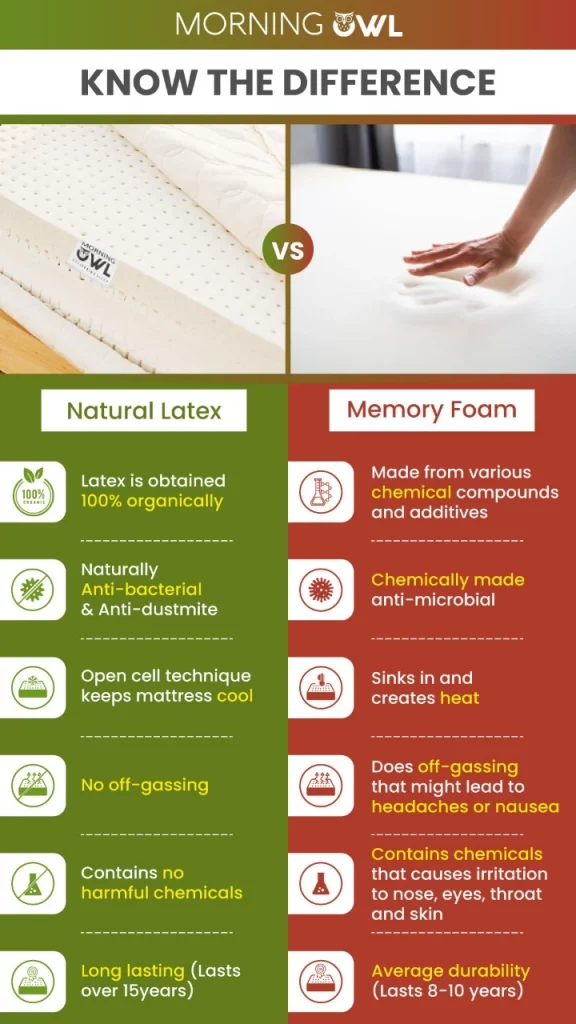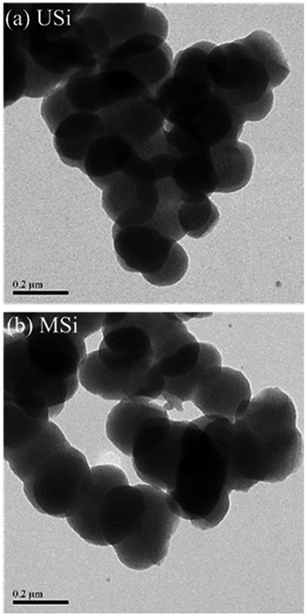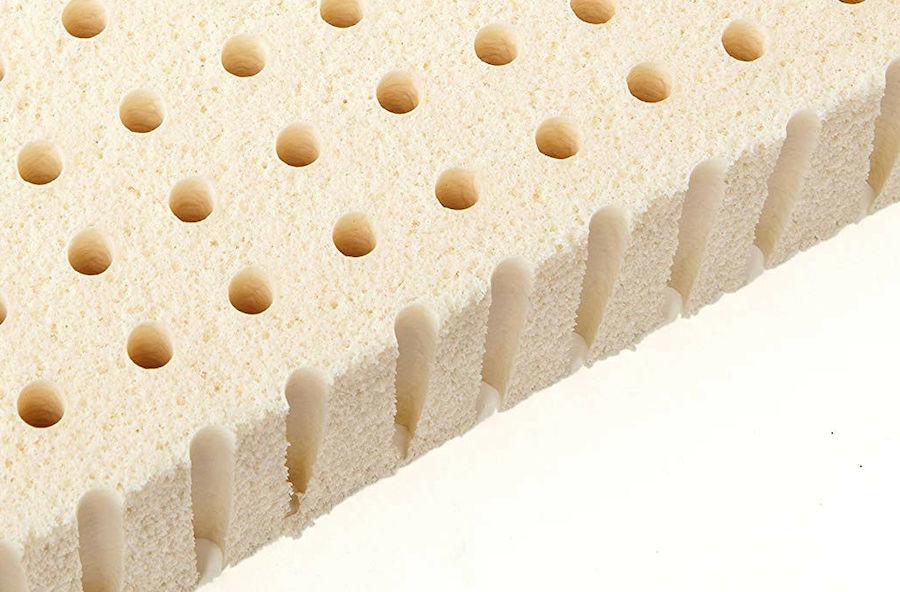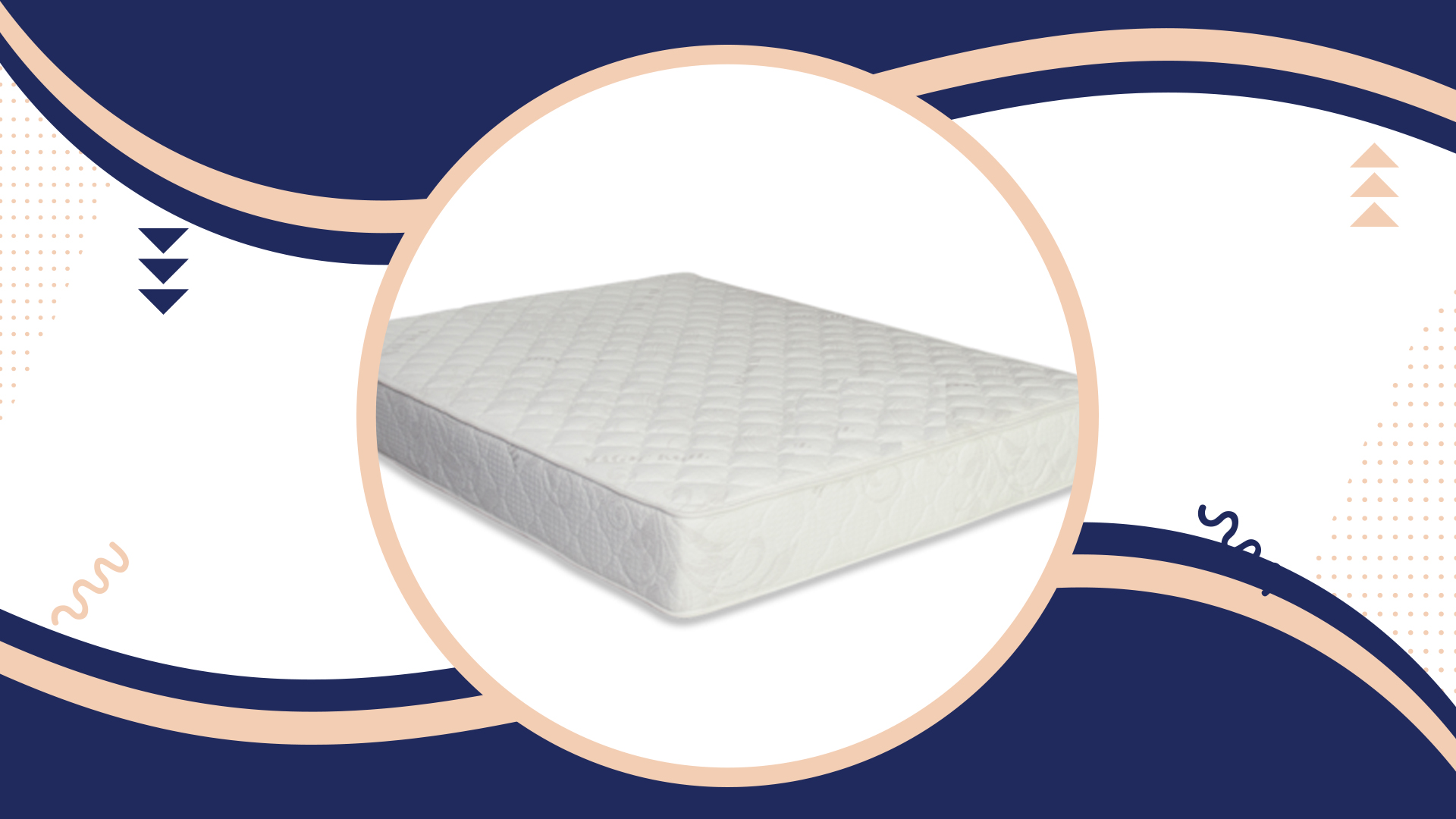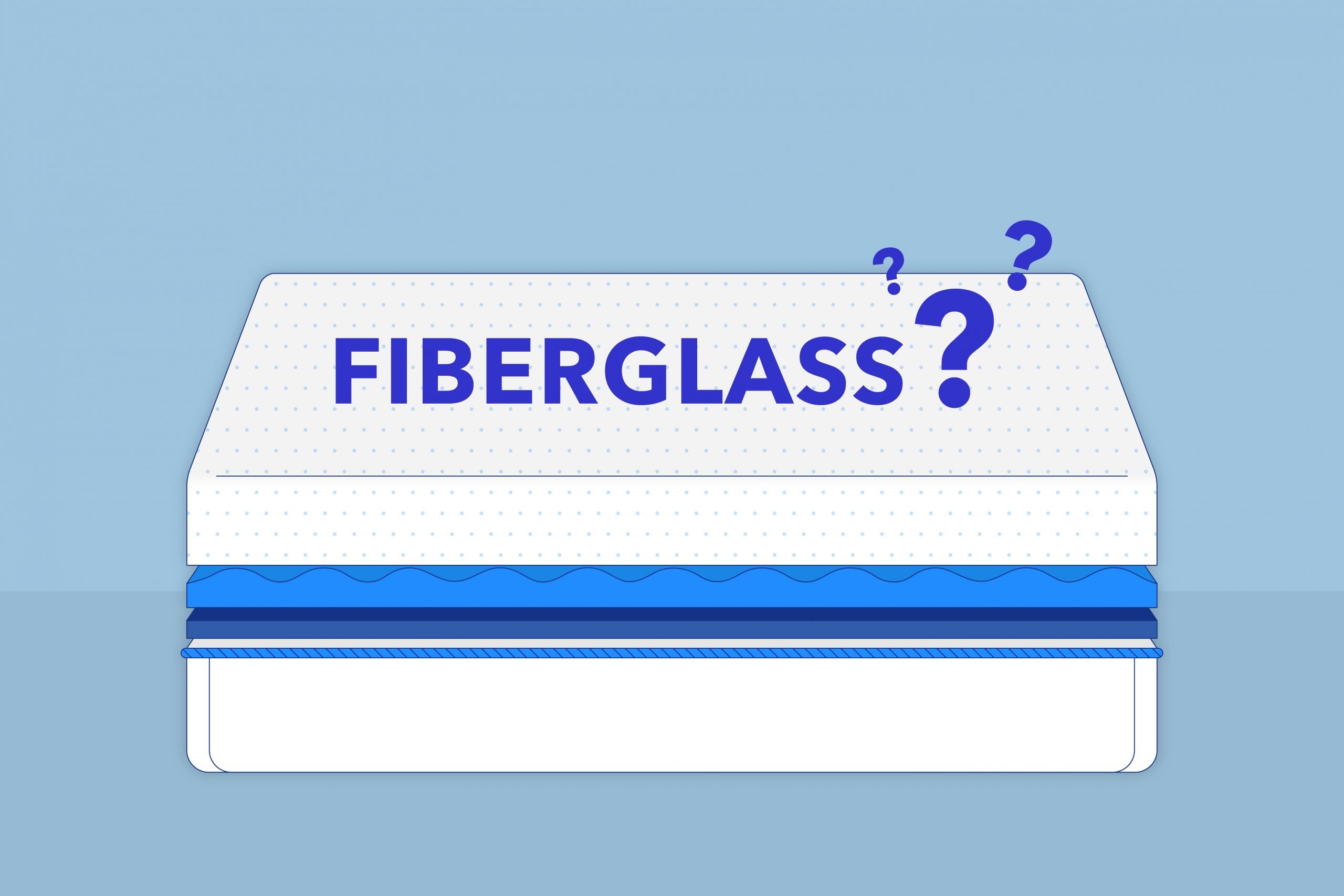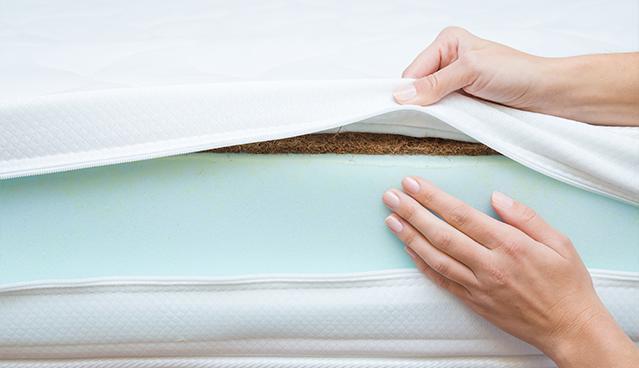Foam Mattress Health Concerns: Protecting Your Health While Sleeping Soundly
When it comes to getting a good night's sleep, having a comfortable and supportive mattress is crucial. Foam mattresses have become increasingly popular in recent years for their ability to conform to the body and relieve pressure points. However, many people are unaware of the potential health concerns associated with foam mattresses. In this article, we will explore the top 10 health concerns to consider when purchasing a foam mattress and provide alternatives for those looking to protect their health while still enjoying a good night's sleep.
1. Chemicals in Foam Mattresses
One of the main concerns surrounding foam mattresses is the use of chemicals in their production. Many foam mattresses are made with synthetic materials and treated with chemicals such as formaldehyde, toluene, and benzene. These chemicals can off-gas, meaning they release toxic fumes into the air, which can be harmful to your health. Long-term exposure to these chemicals has been linked to respiratory issues, skin irritation, and even cancer.
2. Off-Gassing from Foam Mattresses
Off-gassing is the release of chemicals and volatile organic compounds (VOCs) into the air from foam mattresses. This can occur both when the mattress is new and during its lifespan. These chemicals can cause irritation to the eyes, nose, and throat, and may even trigger asthma attacks in those who are sensitive to them. While most mattresses have a slight odor when new, if the smell is strong or persists, it may be a sign of high levels of off-gassing.
3. Allergies and Sensitivities to Foam Mattresses
Foam mattresses can also be a concern for those with allergies or sensitivities. The chemicals used in their production can cause allergic reactions and skin irritation in some individuals. Additionally, dust mites can thrive in foam mattresses, leading to further allergies and health concerns. If you suffer from allergies or have sensitive skin, it is important to consider the materials used in your mattress and opt for hypoallergenic options.
4. Flame Retardants in Foam Mattresses
To meet safety standards, foam mattresses are often treated with flame retardants. While these chemicals can prevent the mattress from catching fire, they can also be harmful to your health. Flame retardants have been linked to hormone disruption, fertility issues, and even cancer. They can also off-gas and contribute to indoor air pollution, making them a concern for those with respiratory issues.
5. Mold and Mildew Growth in Foam Mattresses
Due to their dense and absorbent nature, foam mattresses are susceptible to mold and mildew growth. When exposed to moisture, mold and mildew can thrive in the layers of foam, leading to an unhealthy sleeping environment. This can be a concern for those with respiratory issues or allergies, as well as for the overall hygiene of the mattress.
6. Volatile Organic Compounds (VOCs) in Foam Mattresses
In addition to off-gassing, foam mattresses can also release VOCs, which are chemicals that can be harmful to your health. These chemicals are often found in the adhesives and glues used to hold the layers of foam together. Prolonged exposure to high levels of VOCs has been linked to headaches, dizziness, and even organ damage. It is important to choose a mattress with low VOC emissions to minimize your exposure to these chemicals.
7. Polyurethane Foam and Health Concerns
Polyurethane foam is the most common type of foam used in mattresses. It is made from petroleum-based chemicals and can release VOCs and off-gas. In addition to the health concerns mentioned above, polyurethane foam has also been linked to respiratory issues, skin irritation, and neurological problems. If you are looking to avoid these potential health risks, it may be best to steer clear of polyurethane foam mattresses.
8. Memory Foam and Health Concerns
Memory foam is a type of polyurethane foam that is known for its ability to contour to the body and provide pressure relief. However, memory foam mattresses can also pose health concerns. In addition to the issues mentioned above, memory foam has been linked to increased body heat retention, which can disrupt sleep and lead to discomfort. It is important to consider the potential risks before investing in a memory foam mattress.
9. Latex Foam and Health Concerns
Latex foam is often marketed as a natural and eco-friendly alternative to polyurethane foam. While it is derived from the sap of rubber trees, the production process involves the use of chemicals that can be harmful to your health. Additionally, some people may have allergies or sensitivities to latex, which can cause skin irritation and other health issues. It is important to research the materials used in your latex foam mattress and opt for certified organic options to minimize potential health concerns.
10. Alternatives to Foam Mattresses for Health Concerns
If you have concerns about the potential health risks associated with foam mattresses, there are alternative options available. Natural materials such as organic cotton, wool, and natural latex can provide a comfortable and supportive sleep surface without the use of harmful chemicals. Additionally, some manufacturers offer foam mattresses made with plant-based materials, which can be a safer and more eco-friendly option.
When it comes to your health, it is important to be aware of the potential risks associated with the products you bring into your home, including your mattress. By understanding the health concerns surrounding foam mattresses and considering alternative options, you can make an informed decision and protect your health while still getting a good night's sleep.
The Potential Health Concerns of Foam Mattresses

Introduction
 Over the years, foam mattresses have become a popular choice for many individuals due to their comfort and support. However, as with any product, there are potential health concerns that consumers should be aware of before making a purchase. In this article, we will discuss the main health concerns associated with foam mattresses and provide tips on how to choose a safe and healthy option for your bedroom.
Over the years, foam mattresses have become a popular choice for many individuals due to their comfort and support. However, as with any product, there are potential health concerns that consumers should be aware of before making a purchase. In this article, we will discuss the main health concerns associated with foam mattresses and provide tips on how to choose a safe and healthy option for your bedroom.
Off-Gassing
 One of the main health concerns with foam mattresses is the off-gassing of volatile organic compounds (VOCs). These are chemicals that are released from the foam material and can be harmful when inhaled. The most common VOCs found in foam mattresses include formaldehyde, benzene, and toluene. These chemicals have been linked to respiratory issues, headaches, and even long-term health effects such as cancer.
To avoid these harmful chemicals, look for
certified organic foam mattresses
that use natural materials such as
organic cotton
and
wool
. These materials are not treated with harsh chemicals and are safer for your health.
One of the main health concerns with foam mattresses is the off-gassing of volatile organic compounds (VOCs). These are chemicals that are released from the foam material and can be harmful when inhaled. The most common VOCs found in foam mattresses include formaldehyde, benzene, and toluene. These chemicals have been linked to respiratory issues, headaches, and even long-term health effects such as cancer.
To avoid these harmful chemicals, look for
certified organic foam mattresses
that use natural materials such as
organic cotton
and
wool
. These materials are not treated with harsh chemicals and are safer for your health.
Heat Retention
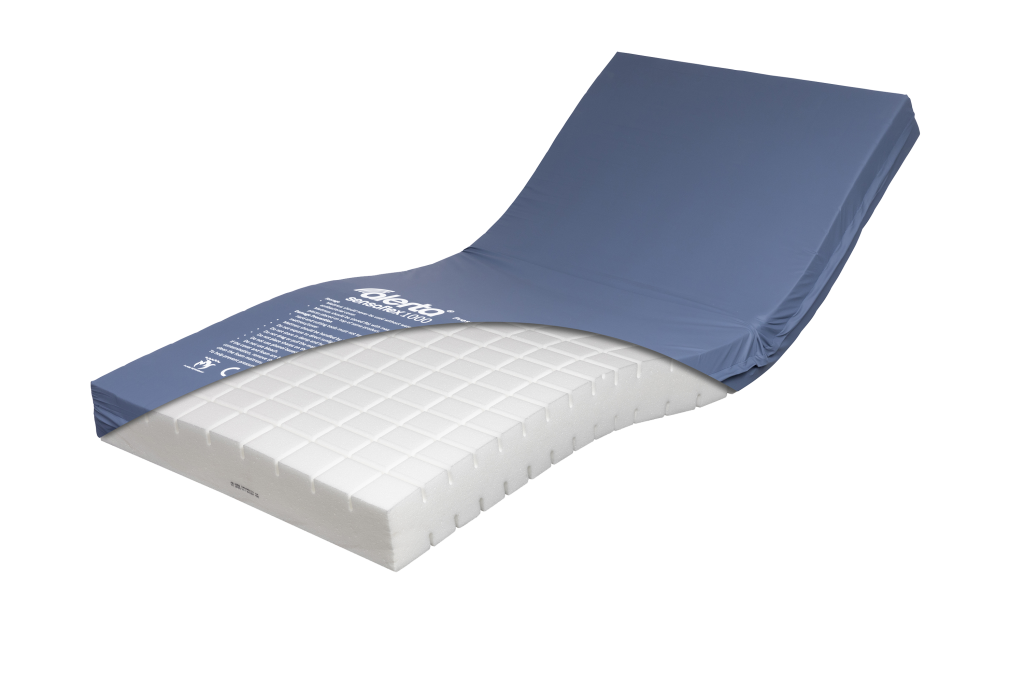 Another concern with foam mattresses is their ability to retain heat. Foam is known to trap body heat, which can lead to discomfort and even disrupt sleep. This can be especially problematic for those who live in warmer climates or tend to sleep hot.
To combat this issue, look for foam mattresses with cooling properties such as gel-infused foam or open-cell foam. These materials allow for better air circulation and can help regulate body temperature while sleeping.
Another concern with foam mattresses is their ability to retain heat. Foam is known to trap body heat, which can lead to discomfort and even disrupt sleep. This can be especially problematic for those who live in warmer climates or tend to sleep hot.
To combat this issue, look for foam mattresses with cooling properties such as gel-infused foam or open-cell foam. These materials allow for better air circulation and can help regulate body temperature while sleeping.
Skin Irritation
 Some individuals may also experience skin irritation from foam mattresses, particularly those with sensitive skin. This can be due to the chemicals used in the foam or the materials used in the cover of the mattress.
To avoid this issue, choose foam mattresses with
hypoallergenic and organic covers
made from natural materials such as
cotton
or
bamboo
. These materials are gentle on the skin and less likely to cause irritation.
Some individuals may also experience skin irritation from foam mattresses, particularly those with sensitive skin. This can be due to the chemicals used in the foam or the materials used in the cover of the mattress.
To avoid this issue, choose foam mattresses with
hypoallergenic and organic covers
made from natural materials such as
cotton
or
bamboo
. These materials are gentle on the skin and less likely to cause irritation.
Conclusion
 While foam mattresses offer many benefits, it is important to be aware of the potential health concerns associated with them. By choosing
certified organic foam mattresses
with natural materials and cooling properties, you can ensure a safer and healthier sleeping environment for you and your family. Remember to always do your research and read reviews before making a purchase to find the best option for your needs.
While foam mattresses offer many benefits, it is important to be aware of the potential health concerns associated with them. By choosing
certified organic foam mattresses
with natural materials and cooling properties, you can ensure a safer and healthier sleeping environment for you and your family. Remember to always do your research and read reviews before making a purchase to find the best option for your needs.





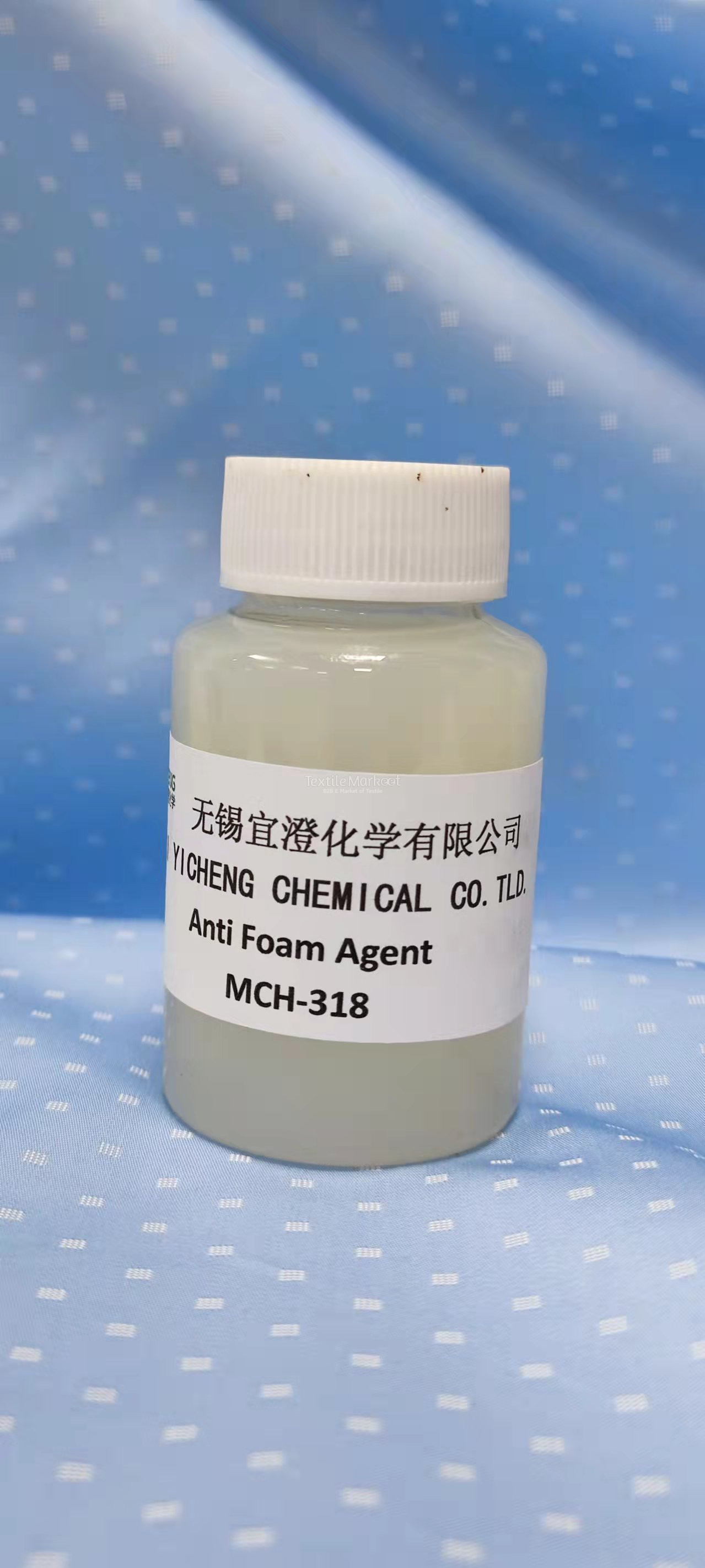





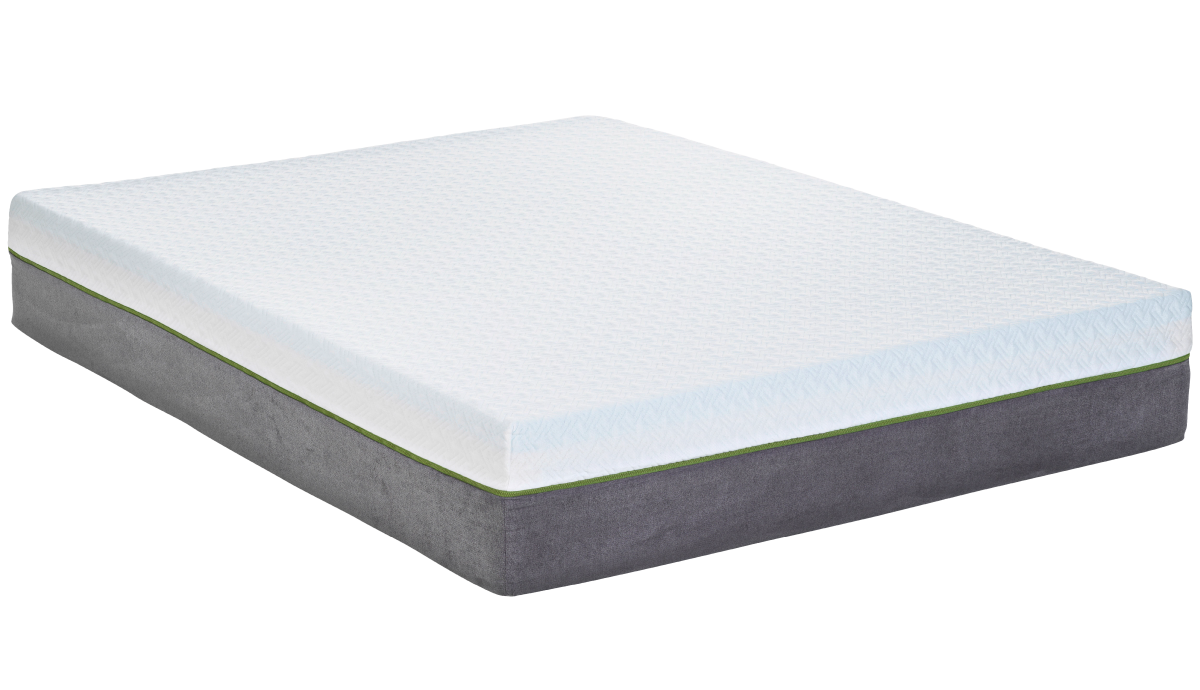
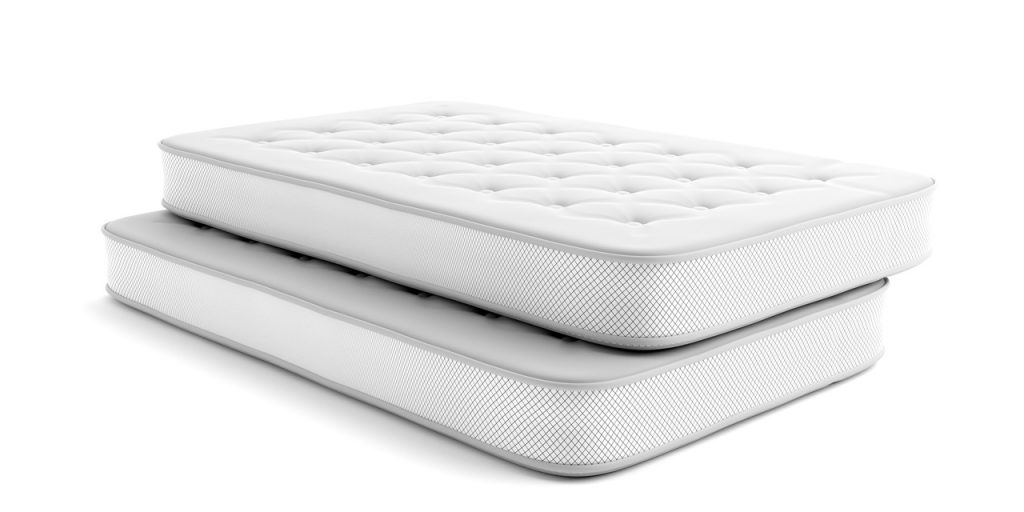




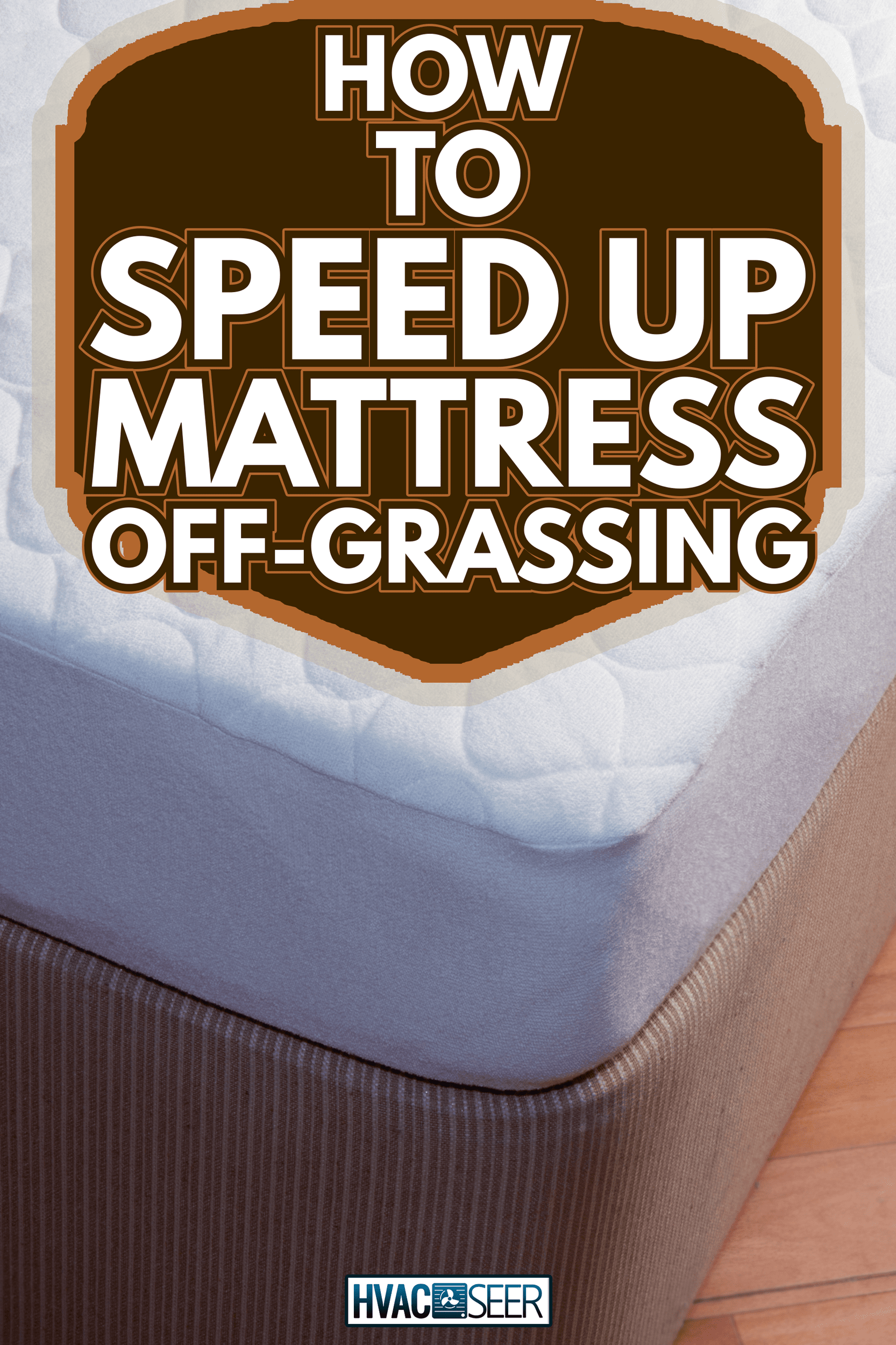















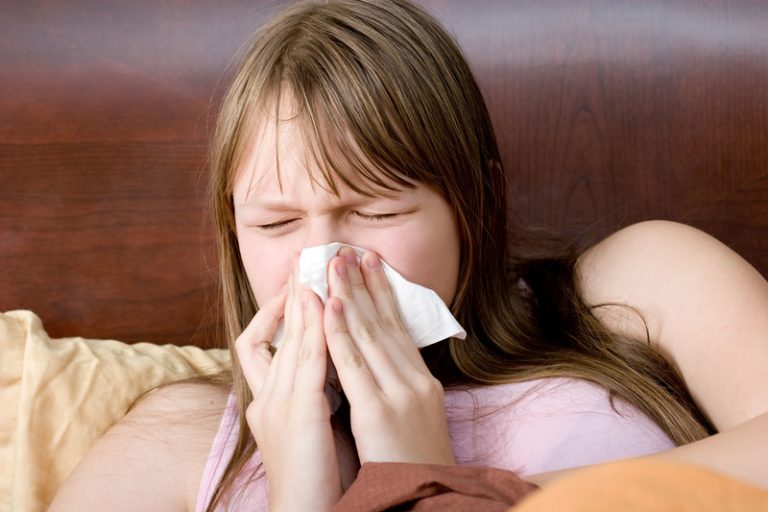



:max_bytes(150000):strip_icc()/does-singulair-differ-from-antihistamine-for-allergies-82878-5c77344c46e0fb00019b8d33.png)
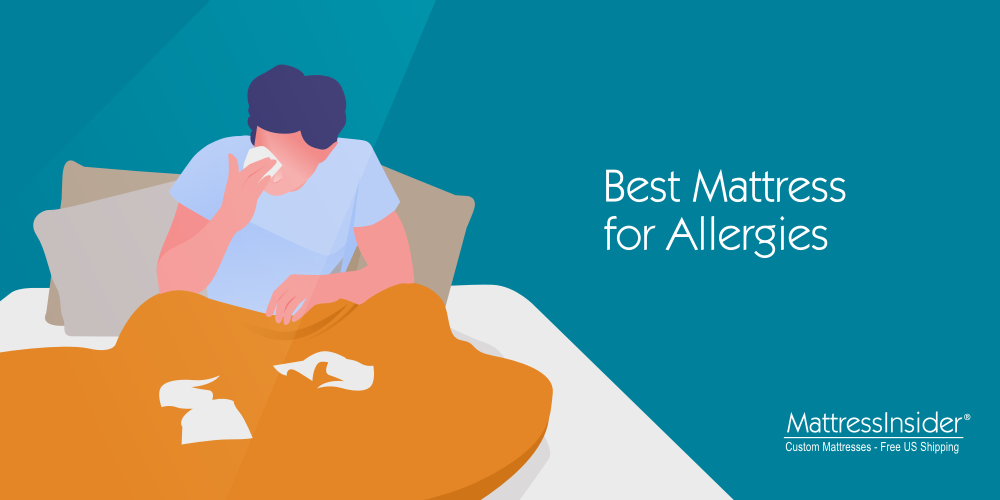












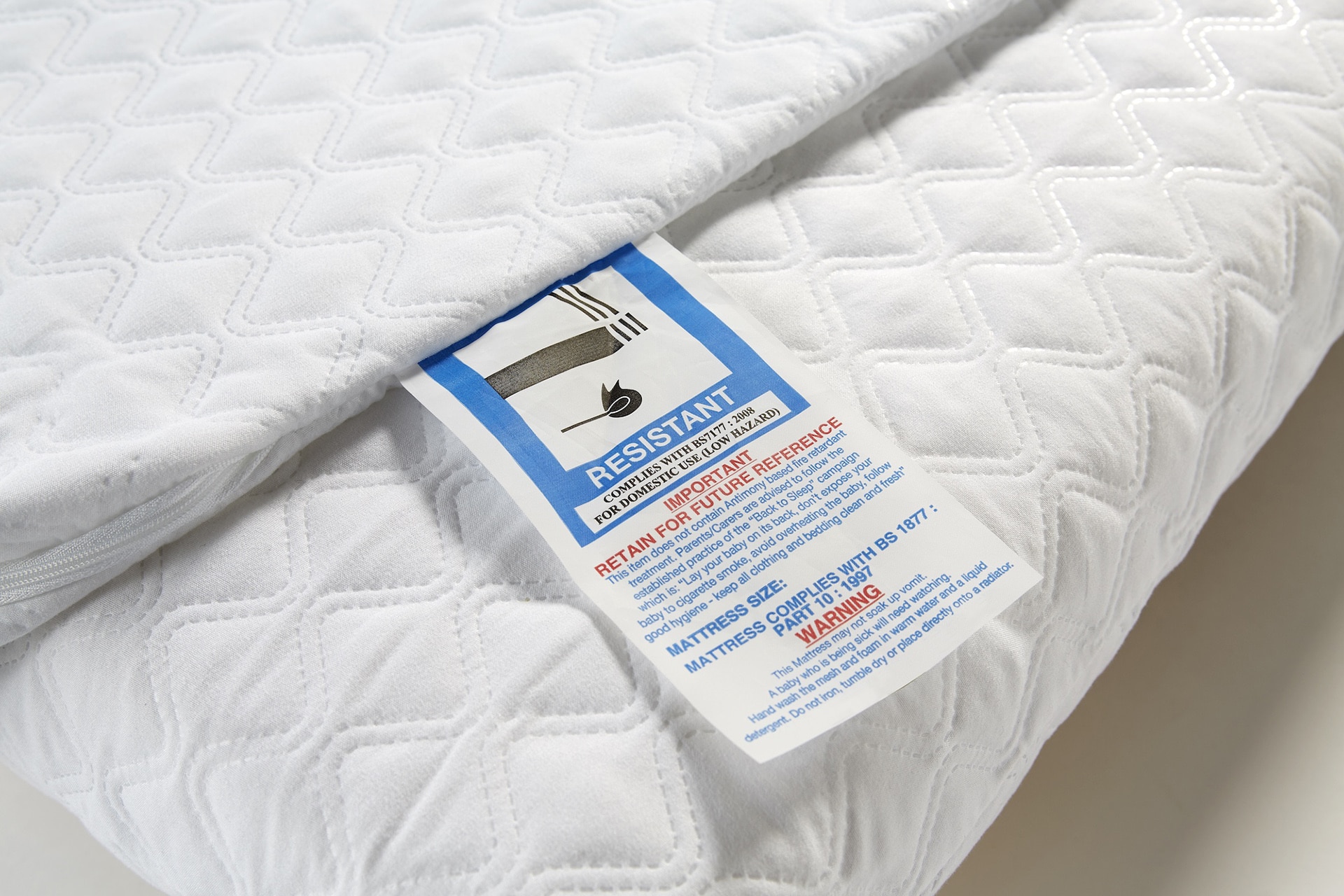



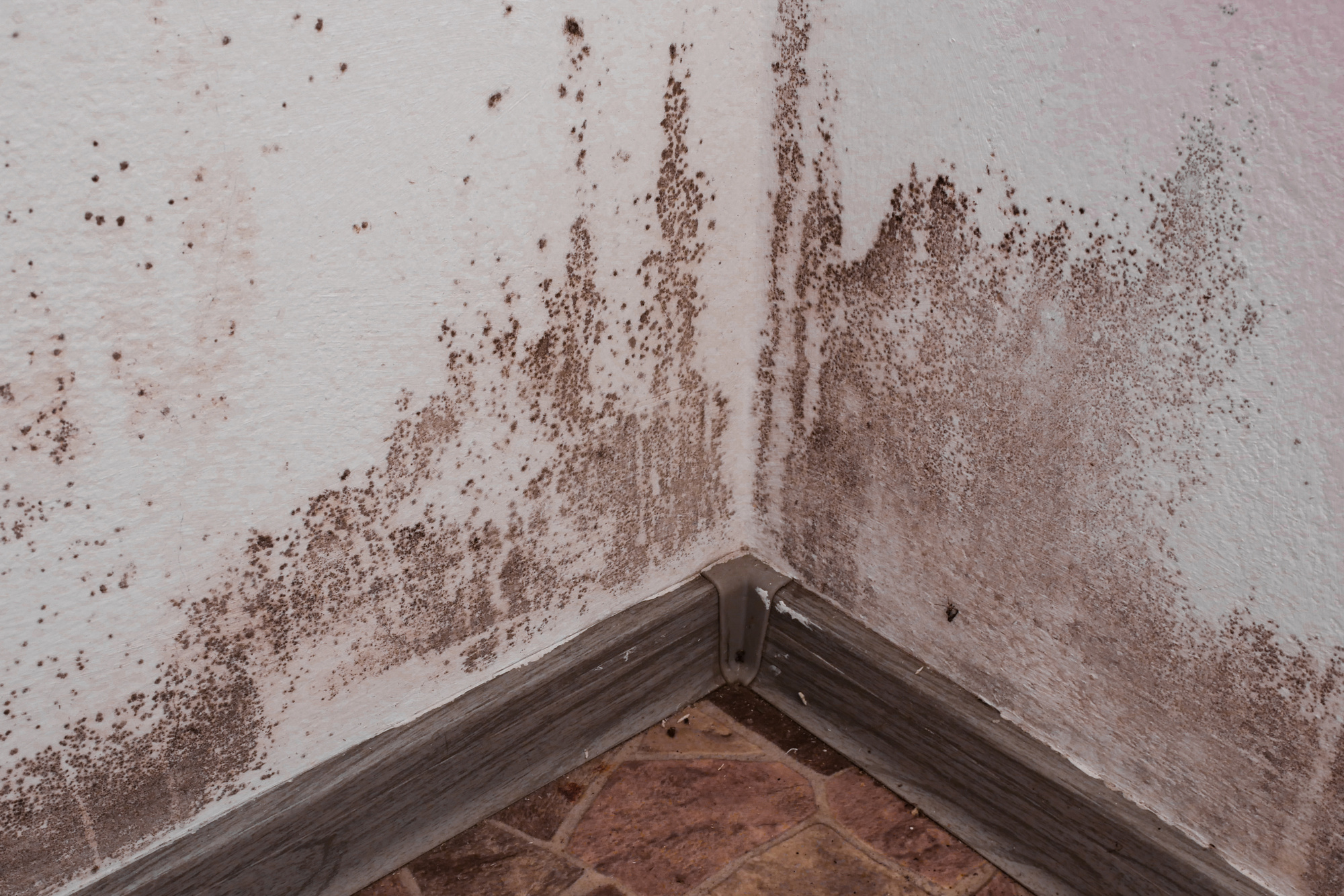
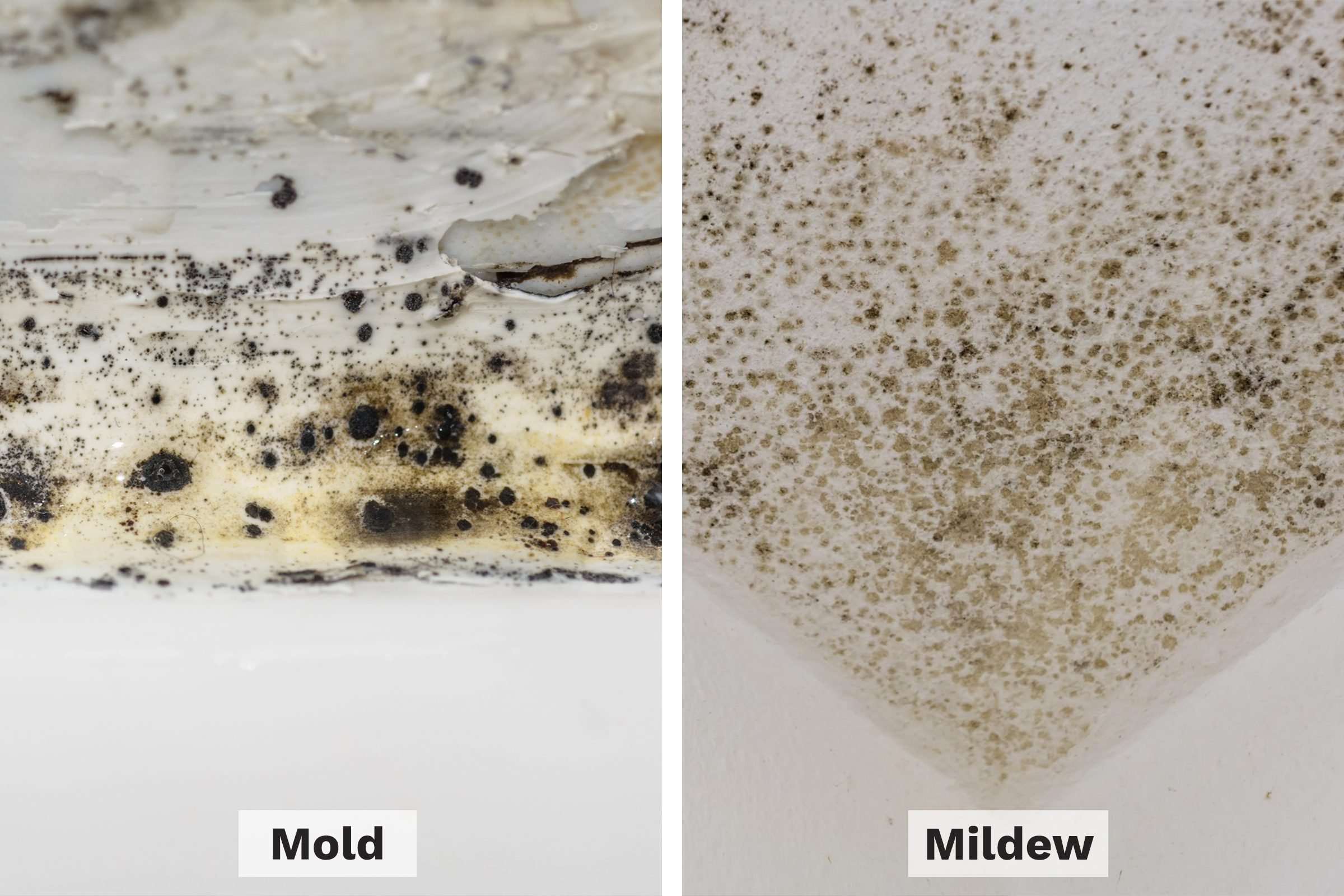

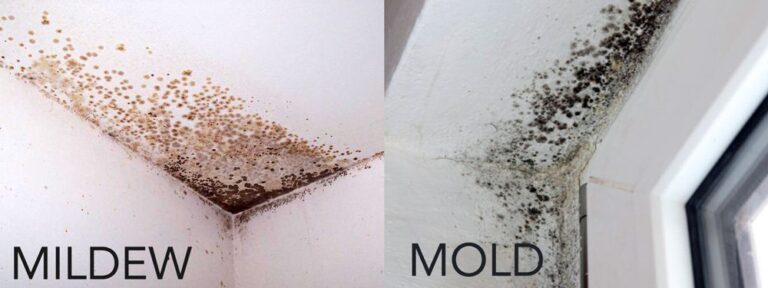



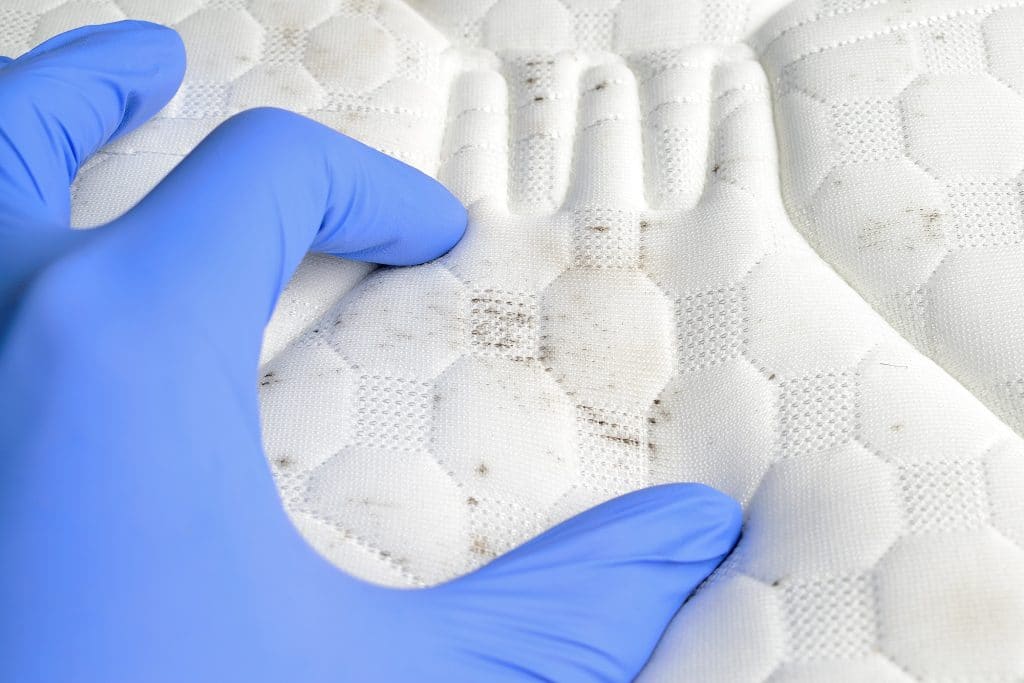

/how-to-remove-mold-and-mildew-2146662-Hero-51897c04a844405682e772c93eca337b.jpg)














